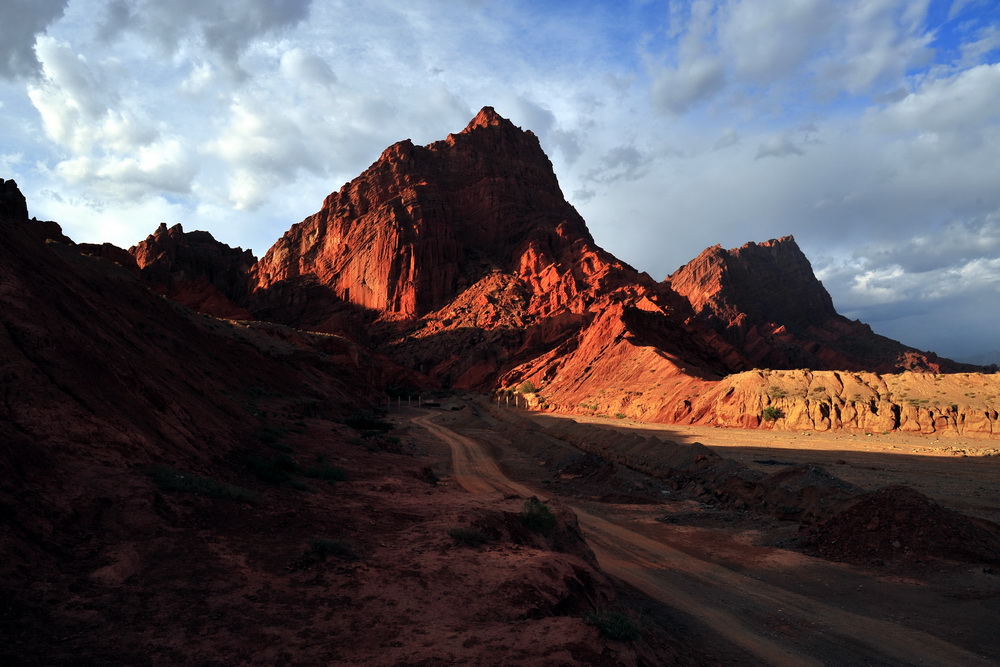 |
 |
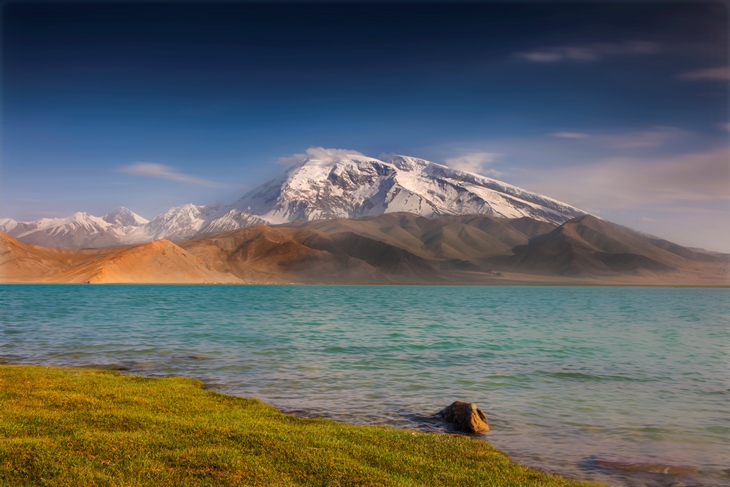 |
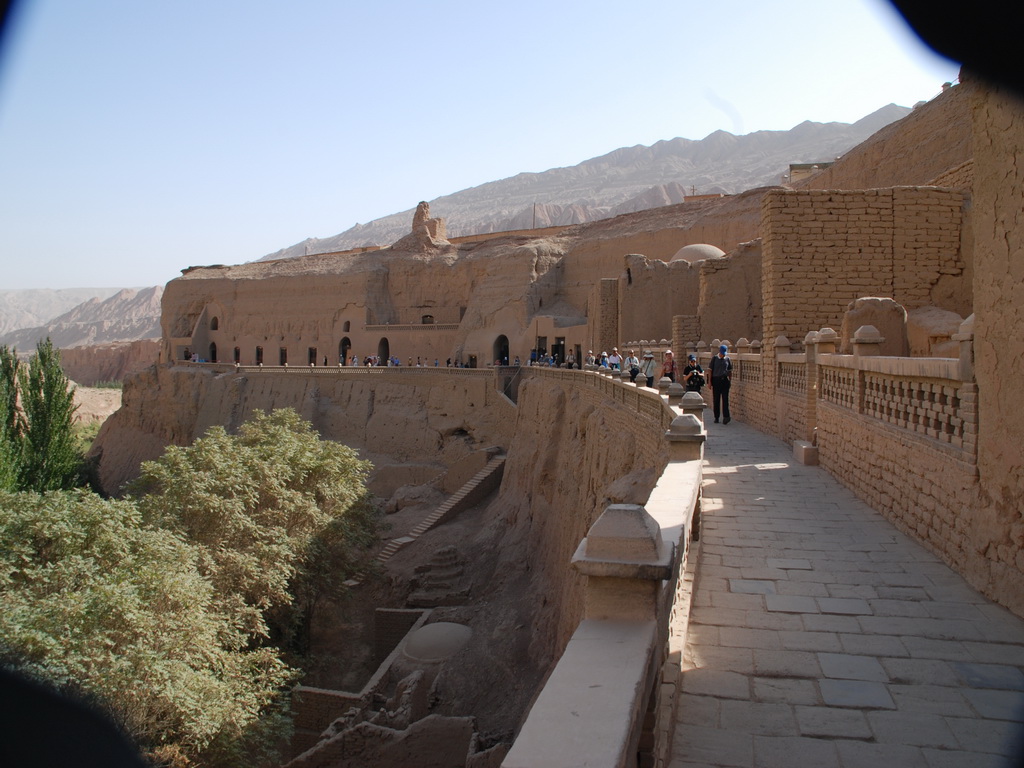 |
|
Urumqi
Urumqi, the capital of Xinjiang Uygur Autonomous Region in northwest China, is situated at the foot of the Tianshan Mountains. With a population of three million inhabitants, this graceful prairie city is an important stop along the ancient Silk Road, crossing Central Asia and moving towards Europe. It is located at the northern foot of Middle Tianshan Mountains and Southern brink of Junngar Basin.
The temperature in the area widely ranges between day and night as it belongs to the semi-arid climate. The climate is extremely arid due to long period of sunlight and bare precipitation. It has shorter spring and autumn; and longer winter and summer. May to October is the golden season to visit, when flowers are in full bloom and the fruits, like melons, are ripe with fragrance.
There are two hours time difference between Xinjiang and Beijing. The local working time is usually from 09:30 or 10:00. Many places go by “Xinjiang time” which is the adjusted time, but the official time of the area is Beijing time.
Urumqi’s population accounts 47 ethnic groups, including Han, Uygur, Kazak, Hui, Mongol, etc. Variety of different cultures, arts, lifestyles, traditions create a beautiful pattern on Urumqi carpet, it makes Urumqi attractive and unique for tourists. Nice garments and accessories, horse racing, sheep snatching, dancing, singing, playing music attracts tourists from the whole world.
Urumqi presents beautiful natural scenery. Tourist resources of the region have its own advantages and distinctions, which are strategically important in the ancient Silk Road that assembles the cultures of both eastern and western countries. The most famous scenic spots among the numerous cultural relics and natural landscapes include the Heavenly Lake, the Southern Pastures, the Red Hill, the Southern Mosque, the Tartar Mosque, and the Xinjiang Regional Museum. Coming to Urumqi will not let you return to your country empty-handed. Shopping in the International Grand Bazaar is a pleasant experience. Bargain hunting for handicraft souvenirs such as rugs, carpets, Uygur-style hats, knitted sweaters, ethnic costumes, hand-made embroideries and jade carvings, will definitely draw your intense interest.
In recent years, the city has continuously developed its economy, industry, culture as well as tourism and transportation. More choices for accommodation and dining, ranging from luxury hotels to budget hostels and from western restaurants to the local food street have been established. Nightlife here provides a range of choices such as watching ethnic performances, tasting native delicacies in the night market, or simply hanging out in bars.
Urumqi is a continental traffic hub between China and Central Asia and Europe, where it provides economic and cultural exchange. Urumqi Airport is one of the 5 major gateway airports of China, and it runs more than 100 international, domestic and in-Xinjiang flights. Urumqi Railway Station runs more that 20 direct international and domestic trains. This vast city enjoys highways and urban roads stretching in all directions.
|
 |
||
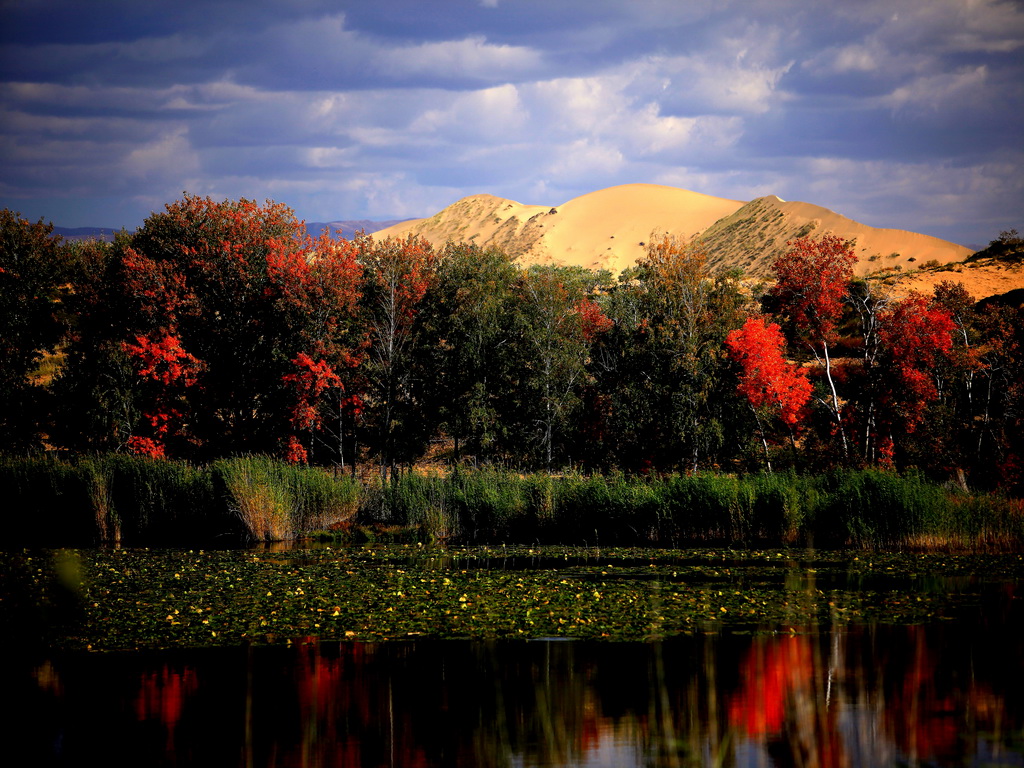 |
|||
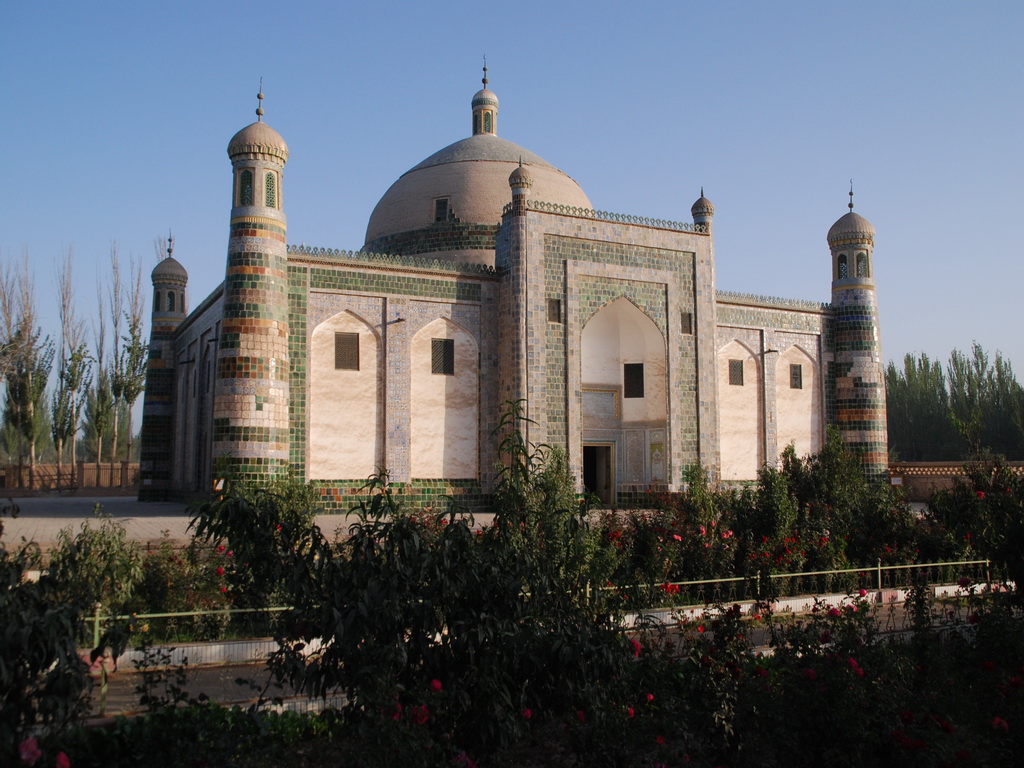 |
|||
 |
|||








